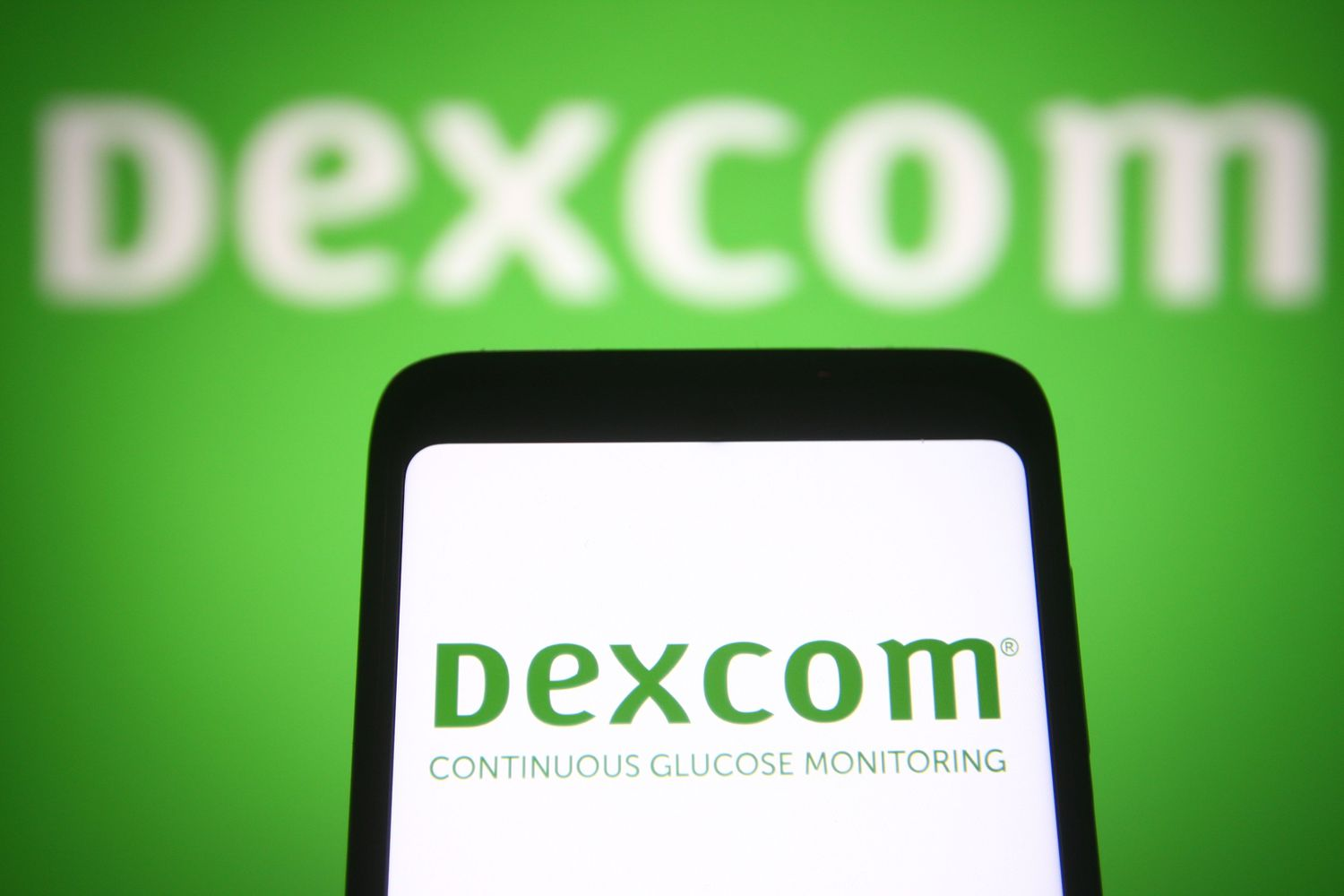Dexcom Introduces AI-Powered Reports for Stelo Glucose Monitor, Offering Personalized Insights

Dexcom has launched a new artificial intelligence feature for its Stelo continuous glucose monitor (CGM), giving users a more personalized view of how their meals, sleep, and activities affect their glucose levels. This AI-driven addition, which debuted on Tuesday, is part of Dexcom’s broader efforts to enhance user engagement and provide deeper insights into glucose management.
Stelo, an over-the-counter CGM that monitors real-time blood sugar levels by inserting a small sensor under the skin, was first introduced in August. Unlike traditional CGMs, Stelo is designed for adults who do not take insulin, opening up a new consumer market for the company. This latest feature aims to make Stelo more valuable and personalized for everyday users, with Dexcom focusing on enhancing its capabilities for a broader audience.
Jake Leach, Dexcom’s chief operating officer, emphasized that user feedback had driven the company’s decision to integrate more advanced AI features. “The No. 1 feedback we get is users want to see more,” Leach explained in an interview with CNBC. “They’re making an investment and wearing the product, and they want to be able to take the most advantage of all the data that they’re generating.” The new AI-generated reports reflect this need for deeper, actionable insights.
Dexcom is leveraging Google Cloud’s Vertex AI platform and its Gemini models to build the new AI features. These tools enable developers to synthesize diverse data types, a complex task in healthcare. The company is proceeding cautiously, ensuring the AI platform adds value without compromising the reliability of its core CGM products, which are essential for managing serious health conditions.
While Stelo users have always had access to weekly insights reports, these reports were traditionally formatted in a standard template. The new AI-powered version promises to offer a more personalized experience, drawing on individual user data to provide tailored feedback. For example, if a user’s activity level is low after meals, the report will include specific recommendations to help improve glucose management.
It is important to note that while the AI feature offers personalized insights, it does not provide medical advice. Dexcom has developed the feature with guidance from the U.S. Food and Drug Administration’s (FDA) AI framework. The FDA approved Stelo for use in March, and the company is now looking at expanding the use of generative AI across its other CGM products.
Looking forward, Dexcom plans to evolve its AI capabilities to provide real-time feedback rather than just weekly summaries. The company also envisions using the AI platform to predict potential issues before they arise, much like a “check engine light” in a car, providing early warnings and suggestions for further consultation with healthcare providers.
Chris Sakalosky, vice president of strategic industries at Google Cloud, noted the potential for the technology to offer predictive insights. “It gives you a sense for what could be going on, and recommendations of where you might want to go to seek more advice,” Sakalosky said.
The updated AI-powered reports are already rolling out to Stelo users this week, marking an important step in Dexcom’s mission to make glucose monitoring more intuitive and informative for consumers.




















